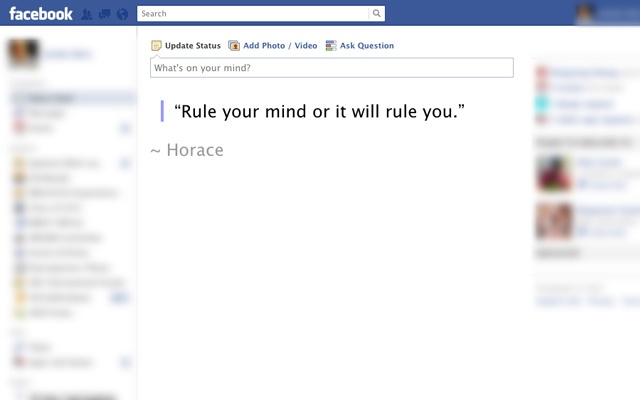
In Jon Ronson’s Ted Talk video, “When Online Shaming Spirals Out of Control,” he demonstrates through shared stories how social media is ground zero for public shaming. When comments written by individuals are not received as anticipated, people on social media are quick to tear your life to shreds. It turns into a feeding frenzy of social media critics, ready to pounce and voice their opinion whether it is unjustified or inappropriate.
He shares two stories in particular that are meant to grasp the audience and shake them into correlation. He shares the account of Johan Lehrer, who was a pop science writer found guilty of plagiarism. When giving a speech to publicly apologize for his transgressions, he arrived at the foundation unaware that just behind him was going to be a live twitter feed of the event. During the event multiple tweets were published trashing Lehrer and his attempts at reconciliation.
An even worse incident involved a PR worker, Justine Sacco thought it would be a great idea to make fun of unfortunate situations in third world countries before boarding her plane. The twitter-verse ripped her to shreds while on the plane napping on her long flight. Before she landed, “she had become the top trending topic on twitter.” It started off as bad public relations, but turned worse before she landed. People posted horrific tweets wishing harm upon her and attacking her viciously. As the night went on people were calling for her job. She was ultimately fired and left with a traumatic recollection of the events as they unfolded. The worst part was that her comments were not meant to be racist or truly insensitive, but as a joke from someone from a higher social class, someone higher up in the social hierarchy. As she put it, “Living in America puts us in a bit of a bubble when it comes to what is going on in the Third World. I was making fun of that bubble.”
As Sacco and Lehrer found out, the days of social media being kind to the shortfalls of their fellow man are gone. What is left is a pit of hungry piranhas. They found out the hard way how social media responds when blood is in the water.
I think Ronson did an excellent job of organizing his speech. He talked about early days of social media as well as eased into increasingly disturbing stories of the unfortunate victims, whether truly deserving or not. The stories he shared were captivating, it was like watching a train wreck in slow motion, I couldn’t look away and had to pause to read every tweet to not miss a detail. I thought it was one of the best Ted Talk videos I had seen.
Ronson truly delivered a powerful message of how people of social media are willing to dehumanize individuals and tear their world apart. As the shaming gets more intense, the level of disturbing publications rises to the point where the writers of such publications are heinously attacking their fellow man. Their morals seem to fly out the window as the shamers get joy from producing the filthiest, inappropriate tweets.
But that is not what this world is about. It is not about making someone pay for a stupid comment or tweet that they have made. It is about forgiveness. Giving a second chance for people to learn from their mistakes. Let them make amends and return to a functioning member of society. Tearing people down and demoralizing them to the point of self-isolation is not the answer. It is more beneficial to give them advice and help guide them to make better decisions as well as build them up. It is not only better for us as a society, but as individuals as well.



